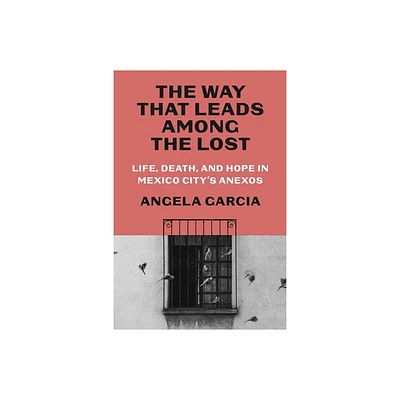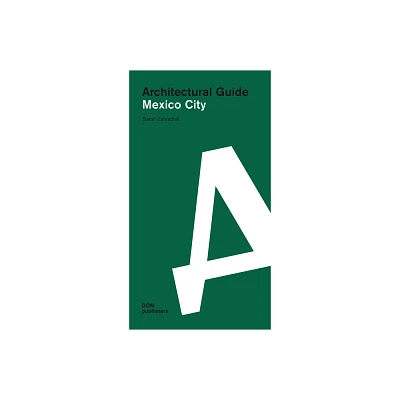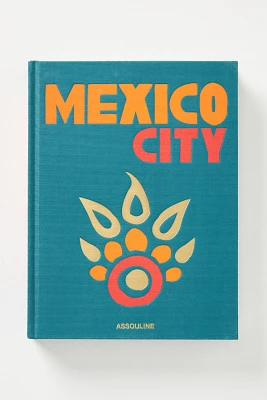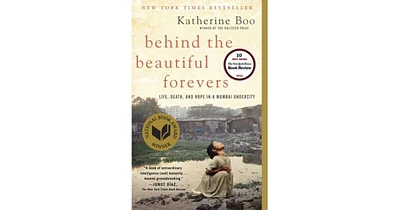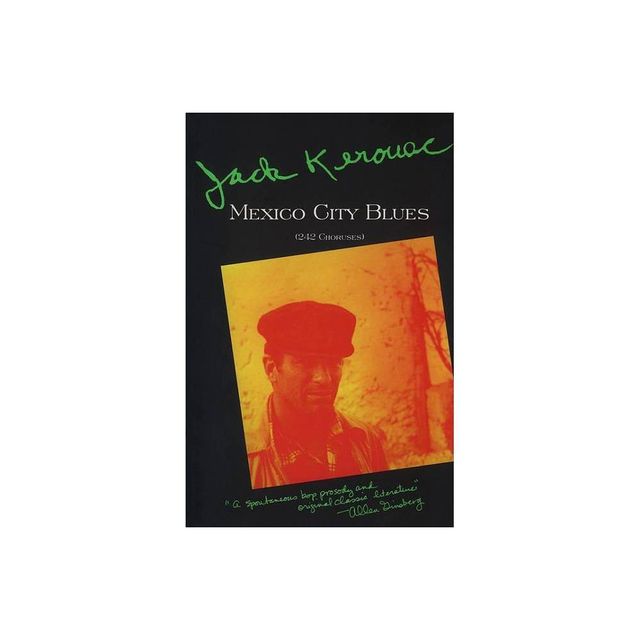Home
the Way That Leads Among Lost: Life, Death, and Hope Mexico City's Anexos
Loading Inventory...
Barnes and Noble
the Way That Leads Among Lost: Life, Death, and Hope Mexico City's Anexos
Current price: $19.99


Barnes and Noble
the Way That Leads Among Lost: Life, Death, and Hope Mexico City's Anexos
Current price: $19.99
Loading Inventory...
Size: Audiobook
*Product Information may vary - to confirm product availability, pricing, and additional information please contact Barnes and Noble
Based on over a decade of research, a powerful, moving work of narrative nonfiction that illuminates the little-known world of the anexos of Mexico City, the informal addiction treatment centers where mothers send their children to escape the violence of the drug war.
The Way That Leads Among the Lost
reveals a hidden place where care and violence are impossible to separate: the anexos of Mexico City. The prizewinning anthropologist Angela Garcia takes us deep into the world of these small rooms, informal treatment centers for alcoholism, addiction, and mental illness, spread across Mexico City’s tenements and reaching into the United States. Run and inhabited by Mexico’s most marginalized populations, they are controversial for their illegality and their use of coercion. Yet for many Mexican families desperate to keep their loved ones safe, these rooms offer something of a refuge from what lies beyond them—the intensifying violence surrounding the drug war.
This is the first book ever written on the anexos. Garcia, who spent a decade conducting anthropological fieldwork in Mexico City, draws readers into their many dimensions, casting light on the mothers and their children who are entangled in this hidden world. Following the stories of its denizens, she asks what these places are, why they exist, and what they reflect about Mexico and the wider world. With extraordinary empathy and a sharp eye for detail, Garcia attends to the lives that the anexos both sustain and erode, wrestling with the question of why mothers turn to them as a site of refuge even as they reproduce violence. Woven into these portraits is Garcia’s own powerful story of family, childhood, homelessness, and drugs—a blend of ethnography and memoir converging on a set of fundamental questions about the many forms and meanings that violence, love, care, family, and hope may take.
Infused with profound ethnographic richness and moral urgency,
is a stunning work of narrative nonfiction, a book that will leave a deep mark on readers.
The Way That Leads Among the Lost
reveals a hidden place where care and violence are impossible to separate: the anexos of Mexico City. The prizewinning anthropologist Angela Garcia takes us deep into the world of these small rooms, informal treatment centers for alcoholism, addiction, and mental illness, spread across Mexico City’s tenements and reaching into the United States. Run and inhabited by Mexico’s most marginalized populations, they are controversial for their illegality and their use of coercion. Yet for many Mexican families desperate to keep their loved ones safe, these rooms offer something of a refuge from what lies beyond them—the intensifying violence surrounding the drug war.
This is the first book ever written on the anexos. Garcia, who spent a decade conducting anthropological fieldwork in Mexico City, draws readers into their many dimensions, casting light on the mothers and their children who are entangled in this hidden world. Following the stories of its denizens, she asks what these places are, why they exist, and what they reflect about Mexico and the wider world. With extraordinary empathy and a sharp eye for detail, Garcia attends to the lives that the anexos both sustain and erode, wrestling with the question of why mothers turn to them as a site of refuge even as they reproduce violence. Woven into these portraits is Garcia’s own powerful story of family, childhood, homelessness, and drugs—a blend of ethnography and memoir converging on a set of fundamental questions about the many forms and meanings that violence, love, care, family, and hope may take.
Infused with profound ethnographic richness and moral urgency,
is a stunning work of narrative nonfiction, a book that will leave a deep mark on readers.
